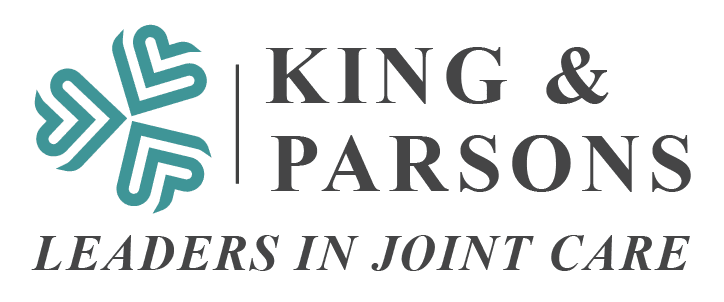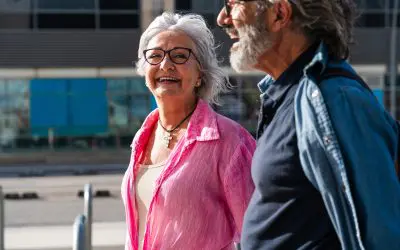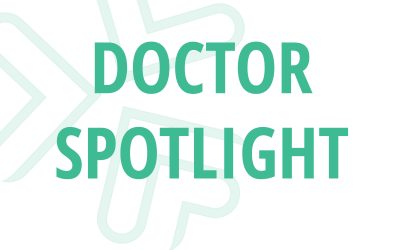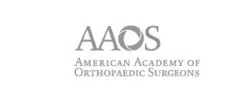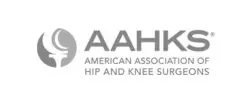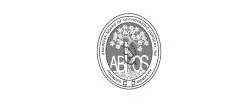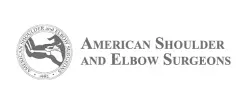In the 1960’s, shoulder pioneer Dr. Anthony DePalma discovered while doing dissections on cadavers that rotator cuff tears were very frequent in people over the age of 60, even those who had never reported shoulder problems. Most rotator cuff tears are attritional which means they occur through progressive wear and tear and rarely from a single trauma. Think of it like a pair of blue jeans. If you wear and wash them frequently over time, the fabric will weaken and a tear will develop.
Rotator cuff tears affect people in different ways. They may cause both pain and weakness. The box below shows 4 quadrants and patients may fit into any one of these categories depending on a host of factors including tear size, tear configuration, tear age, tendon quality, muscle strength and other factors we do not fully understand.
As this box shows, some patients can have both pain and weakness, some can have pain with normal strength, some can have weakness with no pain and some can have a relatively normal shoulder. Given the fact that many people with rotator cuff tears can function at a high level with a manageable degree of pain, the goal in treating many patients with a rotator cuff tear is to rehabilitate the shoulder in an attempt to move patients toward the YN and NN box and away from the YY box.
There are over 18 muscles that work in coordination around the shoulder to provide smooth motion, strength and stability. When the rotator cuff tears, typically only 1 or 2 tendons are involved. There are thus remaining intact tendons as well as a host of other muscles that can compensate if properly strengthened through a comprehensive rehabilitation program.
We have found that the best program is one that patients do on their own on a regular basis and this does not require expensive equipment. The MOON program was developed by a consortium of shoulder experts as the best practice guidelines for rehabilitation of a shoulder with a known rotator cuff tear. With patient and persistence many (but not all) patients can achieve a level of comfort and function that allows them to avoid rotator cuff surgery which as a very long recovery with a potential for retear (particularly in patients over age 65).
A link to the MOON program is provided here: https://www.moonshoulder.com/booklets/060109PatientRehabBooklet.pdf
Learn more about Dr. Moby Parsons’ shoulder surgery here.
